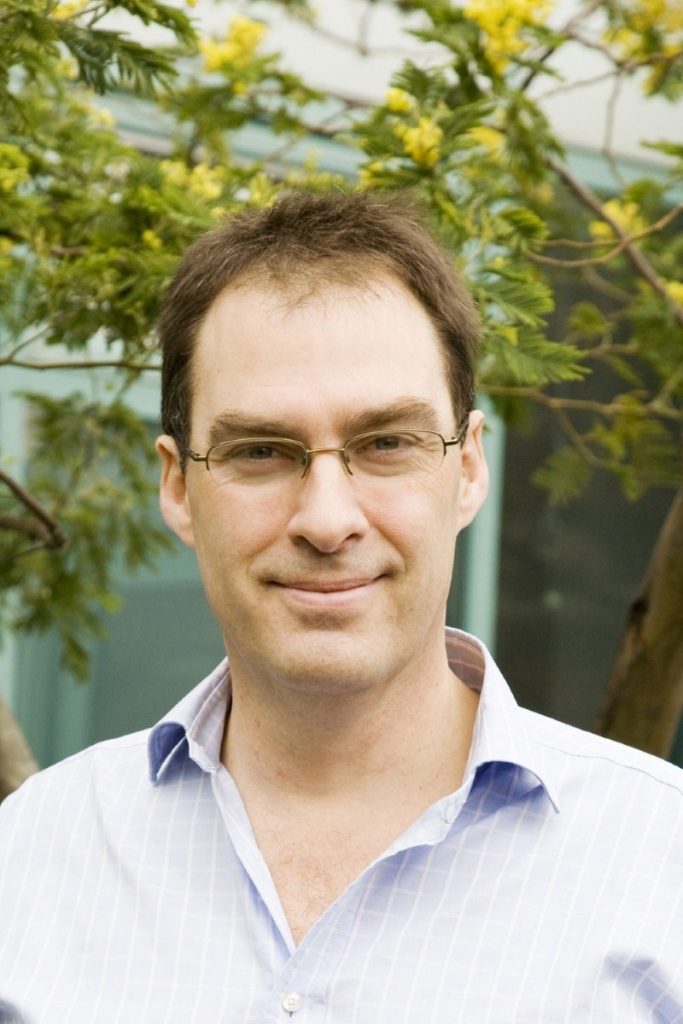Comment: Was Durban a stay of execution for the world’s climate?
Progress was made at the Durban climate talks – it's just going to happen ten years too late.
By Andy Atkins
The beginning of the climate talks which have just concluded in Durban, South Africa, were an ominous sign of the outcome revealed last weekend. Marred by storms which lashed the city into gloomy submission, the talks opened – as they frequently do – with optimism that this time agreement would be reached to tackle climate change once and for all; and despite bickering on other issues, countries around the world would come together to ensure a safe future for us, our children and our grandchildren.
But although clear skies returned to Durban when the storms passed, when it comes to tackling climate change, despite the agreement of a roadmap for action spearheaded by the EU, the dark clouds are very much still on the horizon.


Agreement on all countries negotiating a deal to tackle climate change is a breakthrough, but the current proposals on the table mean that deal won't be reached until 2020 – when the science is showing unambiguously that we need to cut emissions right now if we're to have any chance of preventing the worst effects of global warming.
Simply put, unless countries cut their emissions much more ambitiously than they currently plan to before 2020, this delay will put millions of people's lives at risk, with the homes and livelihoods of many millions more threatened over coming decades. It will mean the world's poorest, who have done least to cause the problem, will be asked to contribute more than their fair share to tackling it.
It is rich countries that have caused climate change, through pumping out emissions for hundreds of years. Yet only this week we have seen Canada eject itself from the Kyoto Protocol – showing just how seriously some of them are taking their responsibility to tackle climate change effectively.
Developing countries recognise this – which is why we urgently need rich countries, including the UK, to provide serious funding for these nations to develop cleanly and adapt to the worst effects of climate change through the currently empty Green Climate Fund which was agreed in Durban.
At the same time, it's vital that we cut emissions as much as possible before 2020 so any agreement that comes into effect then has the best possible start. This will mean more action to get our economies off the fossil fuel hook. The EU should commit to cutting its emissions by 40% by 2020 without resorting to carbon offsetting, to show the world it is serious about leading the world in tackling climate change and demonstrate to developing countries that it recognises its responsibility to do so.
Recognising this responsibility – even with developing countries now on board to discuss a global agreement to cut emissions – will go a long way to smoothing the fractious atmosphere that has been a hallmark of recent climate summits and reduce the risk of further delays.
There will be benefits here at home, too – new green businesses, thousands of new jobs and a better deal for consumers on fuel bills through serious investment in clean sources of energy and cutting energy waste. Delaying serious action to tackle climate change until 2020 means delaying all these benefits – at a time when we need them more than ever.
Here in the UK, through our Final Demand campaign for energy we can all afford, Friends of the Earth is already calling for the government to tackle the power and influence of the Big Six energy firms that are keeping us hooked on fossil fuels. Tackling climate change means bold, long-term decision making from our politicians. Now is the time for them to rise to the challenge.
The dangerous gap between where Durban leaves the world and what the science says is necessary to avoid catastrophic climate change is a challenge to us all. We must all get much smarter at working together to achieve the action we need to tackle climate change. The starting gun has been fired in Durban – and now it's time we made sure our leaders run full pelt towards effective action on climate.
Andy Atkins is executive director of Friends of the Earth
The opinions in politics.co.uk's Comment and Analysis section are those of the author and are no reflection of the views of the website or its owners.









